Infrastructure Deficits, Skills Shortages Among Major Challenges
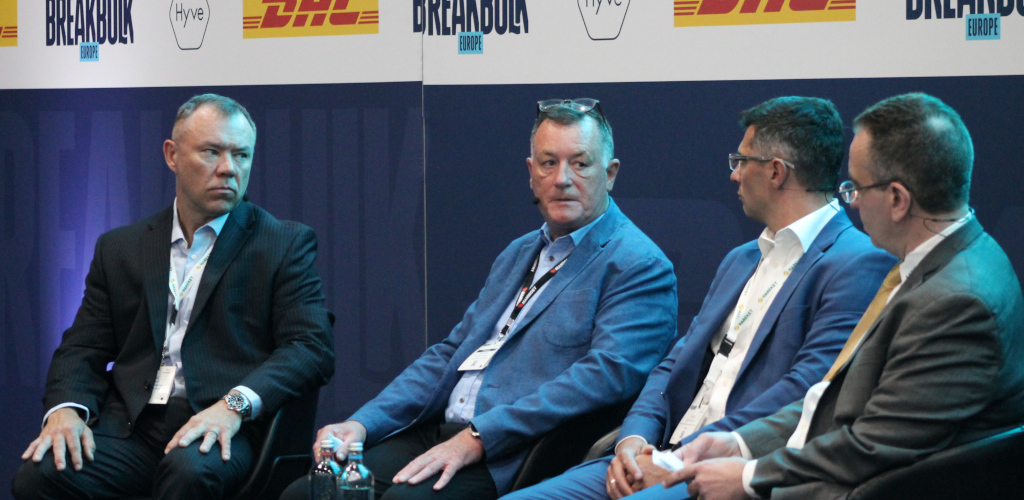
Breakbulk Europe 2023: The project supply chain can look forward to a resurgence in nuclear power projects in Europe, but obstacles will need to be overcome to ensure successful buildout, delegates heard on Wednesday.
Climate change targets, region-wide government plans to phase-out coal-fired power stations and the conflict in Ukraine that continues to wreak havoc on energy markets is fuelling the revival, with the UK, France, the Netherlands, the Czech Republic and Slovenia among several European nations planning to build new plants or expand existing ones.
A Nuclear Power Projects in Europe panel session at Breakbulk Europe 2023, moderated by Marco Poisler, chief operating officer at UTC Overseas, focussed on Poland’s bid to build its first-ever nuclear power plant, or NPP.
The ambitious project got a recent boost after state nuclear power company Polskie Elektrownie Jadrowe, or PEJ, signed an agreement with US firms Bechtel and Westinghouse setting out a plan for the delivery of the NPP, which will likely be installed close to Lubiatowo-Kopalino on Poland’s Baltic Sea coast, close to the breakbulk-handling Port of Gdansk.
Construction is slated to start in 2026, with first power in 2033.
On the panel, Wayne Trent, manager of procurement and contracts at Bechtel, said preliminary work had already begun and meetings had taken place with local companies to discuss opportunities for collaboration, and while sourcing skilled workers could be a challenge, it was a not a unique one to Poland.
“We’ve seen this issue all over the world. We’ve done things in various locations, such as opening training centres, train local welders and working in conjunction with our customers and local contractors. I see it as a challenge, but it’s not unique. It’s something inherent in these types of projects.”
Lukasz Chwalczuk, president of the Polish Heavy Transport Association, said the project could face infrastructure challenges. “The location at Kopalino is next to the sea about ten kilometres from a village. There is no infrastructure at the moment. So cooperation is needed between road owners, the ministry of infrastructure and companies to make sure the cargo will be transported in a safe manner.”
Still, Poland is on the right track. Chwalczuk said that 20 years ago, the country had just 500 kilometres of highways; now it boasts 5,000. “The main roads are being built or rebuilt, so hopefully for heavy transport and oversized transport there will be new roads that can handle such big units within the next few years.”
The executive also pointed to recent gains in the digitalization of the permitting system for abnormal loads vehicles.
Also on the panel, Glenn Mazijn, global segment lead of nuclear at Mammoet, said it was imperative that a project of this magnitude has access to temporary storage and port facilities.
Check out our post-session interviews with the panellists:





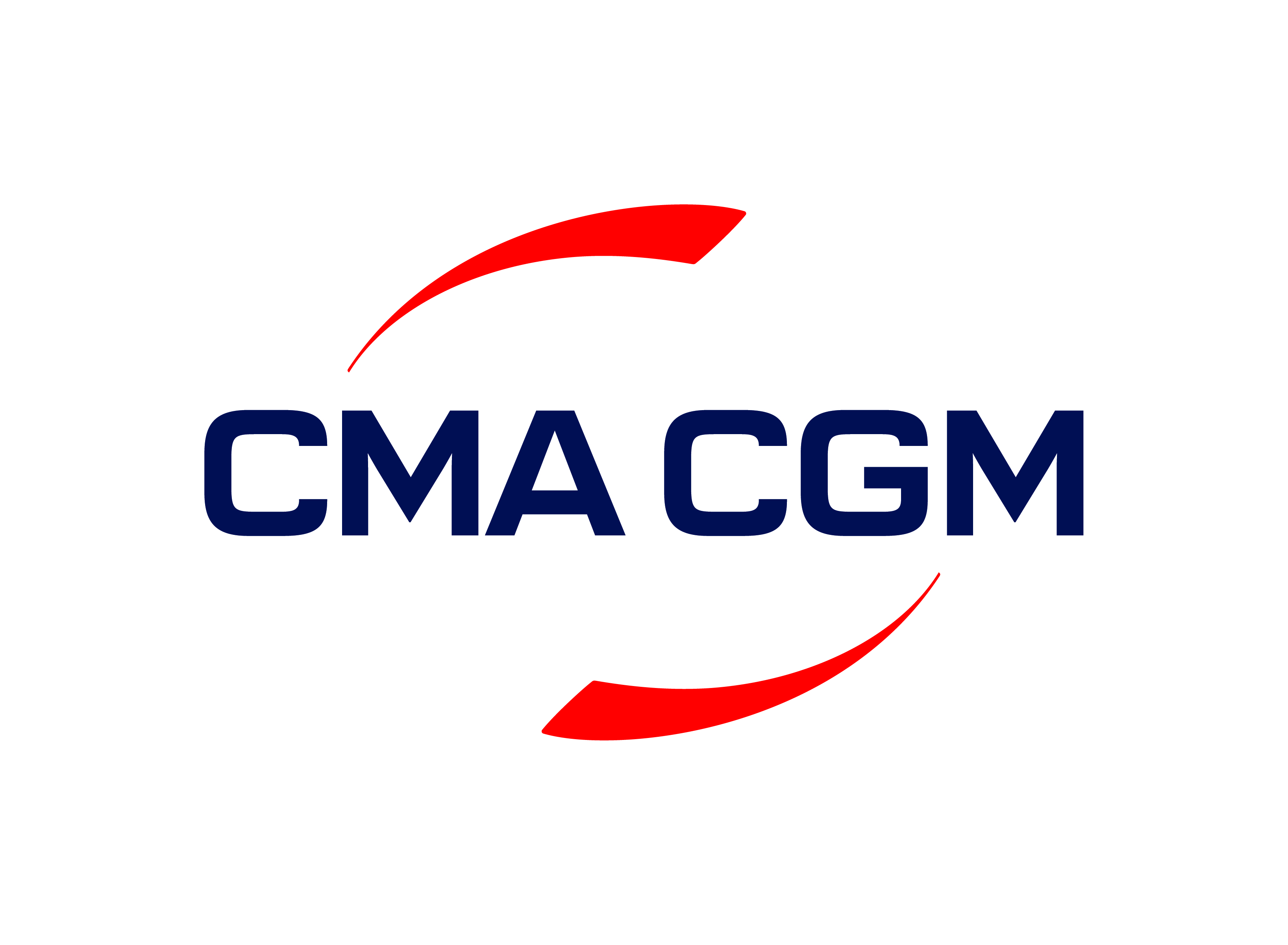


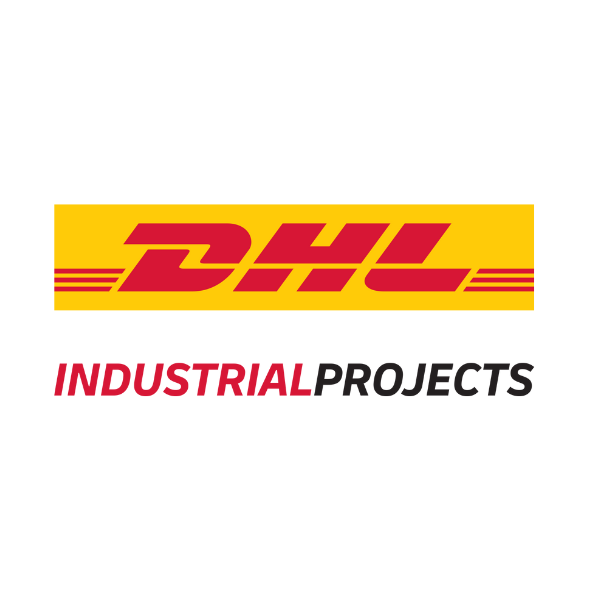
.png?ext=.png)

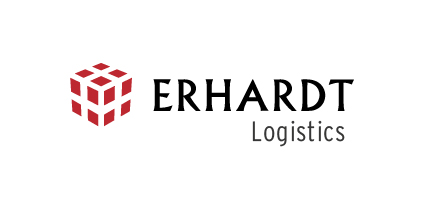

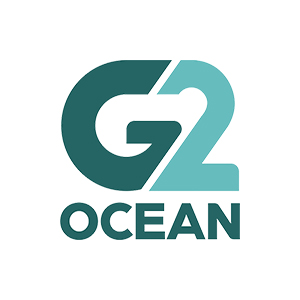





.png?ext=.png)




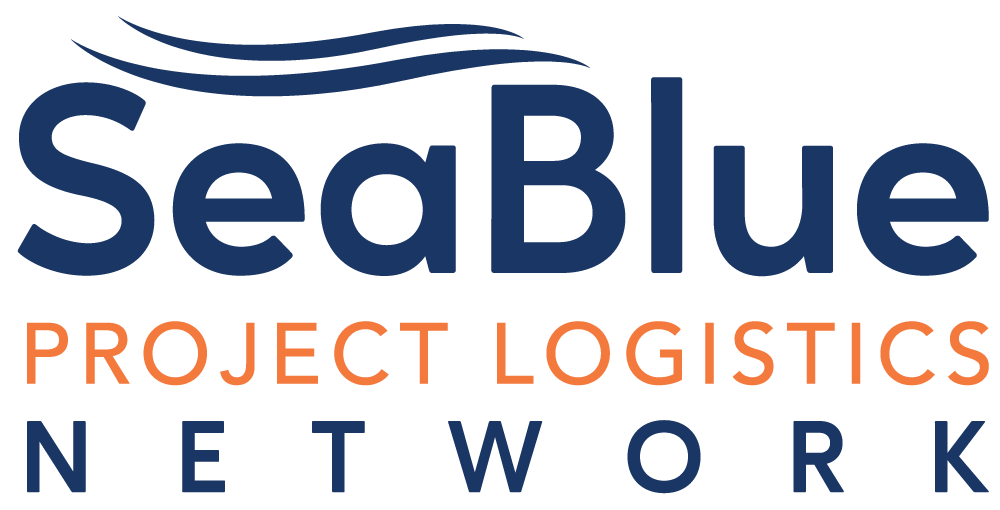

.png?ext=.png)



